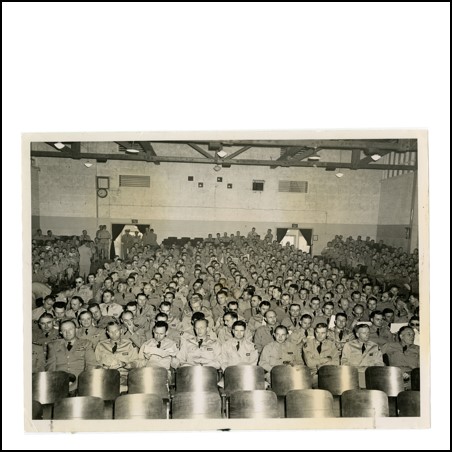
e-Document
|
Major General Spurgeon Neel and the Army physician assistant: a case study of policy change.
Copies
0 Total copies, 0 Copies are in,
0 Copies are out.
Title
Major General Spurgeon Neel and the Army physician assistant: a case study of policy change.
Call No
CDMC CGSC Student Papers
Digital Link
Authors
Subjects
Language
English
Published
Fort Leavenworth, KS : US Army Command and General Staff College,, 2009-02.
Series
Target Audience
Unknown or not specified









